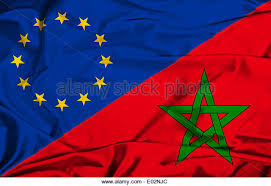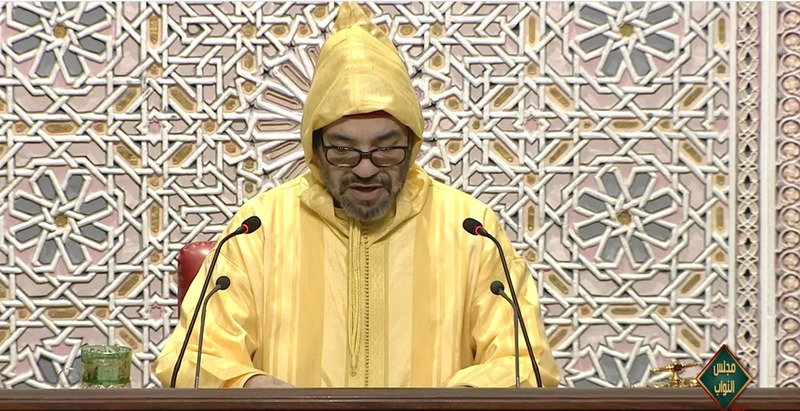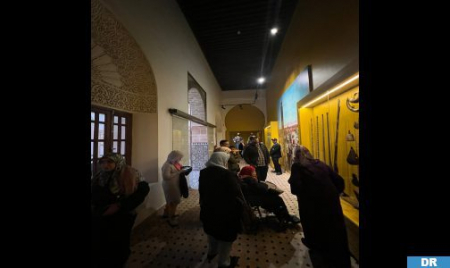 Morocco and the European Union have signed the “Partnership for Research and Innovation in the Mediterranean Area” (PRIMA), a joint international program focusing on the development of solutions for food systems and water resources in the Mediterranean basin.
Morocco and the European Union have signed the “Partnership for Research and Innovation in the Mediterranean Area” (PRIMA), a joint international program focusing on the development of solutions for food systems and water resources in the Mediterranean basin.
Prima has been launched to help the agricultural sector in the Mediterranean area, which has been suffering from severe water shortages and decreasing crop yields in recent years.
According to the EU, 180 million people in the Mediterranean basin are currently considered ‘water poor’. The lack of clean water and nutritious food has adverse effects on the health and stability of the populations.
The North African Kingdom has been involved in this international program since its inception 2017, committing to provide €20 million cash and €20 million in-kind over a 10-year period.
This agreement will enable Morocco to implement its water strategy, support its agricultural sector and benefit from scientific research to speed up socio-economic development.
PRIMA is supported by Horizon 2020, the EU’s research and innovation framework program. It seeks to develop much-needed solutions for a more sustainable management of water and agro-food systems.
The main objective of the ten-year initiative (2018 –2028), which is partly funded by EU’s research and innovation program Horizon 2020, is to devise new research and innovation pproaches to improve water availability and sustainable agriculture production in a region heavily distressed by climate change, urbanization and population growth.
The partnership will be financed through a combination of funding from participating countries (currently €274 million), and a €220 million contribution from the EU through Horizon 2020, its research and innovation funding program (2014 – 2020).
PRIMA aims to promote research and innovation capacities, develop knowledge & common innovative solutions for agro-food systems with a view to making them sustainable for integrated water management in the Mediterranean region.
The innovative and sustainable solutions should be efficient, cost-effective and environmentally and socially sustainable, contributing to solve the issues of water scarcity, food security, nutrition, health and migration problems.


